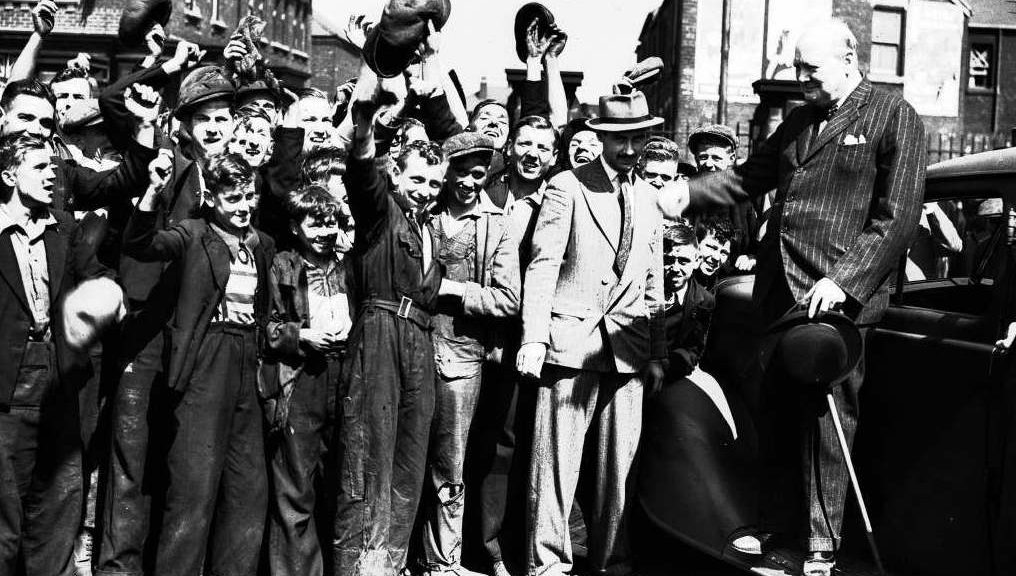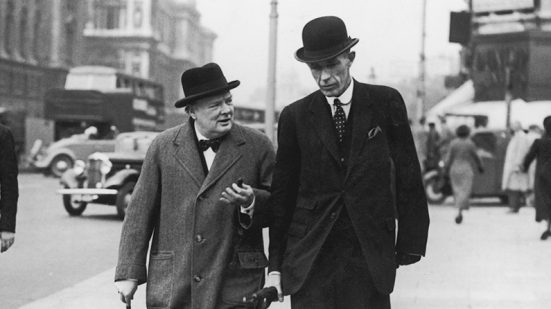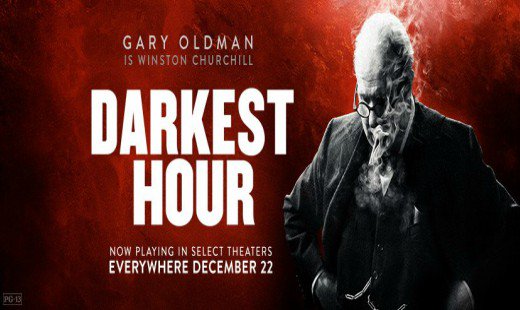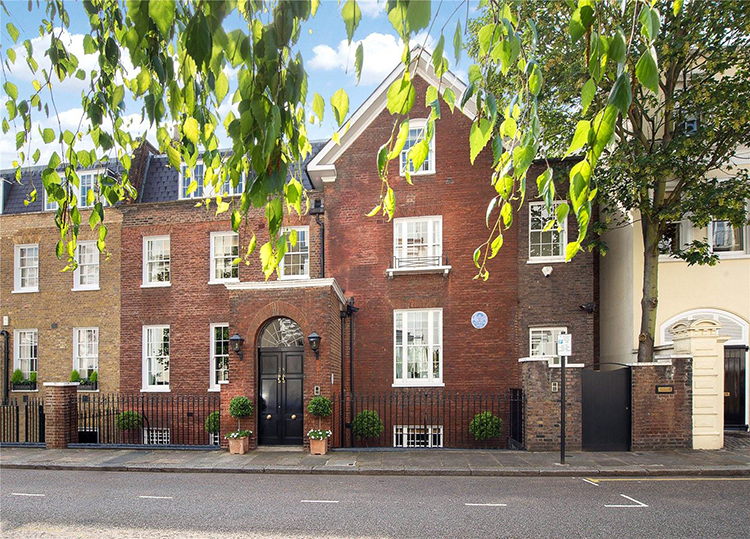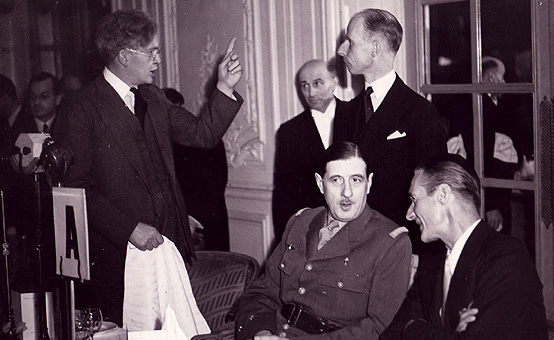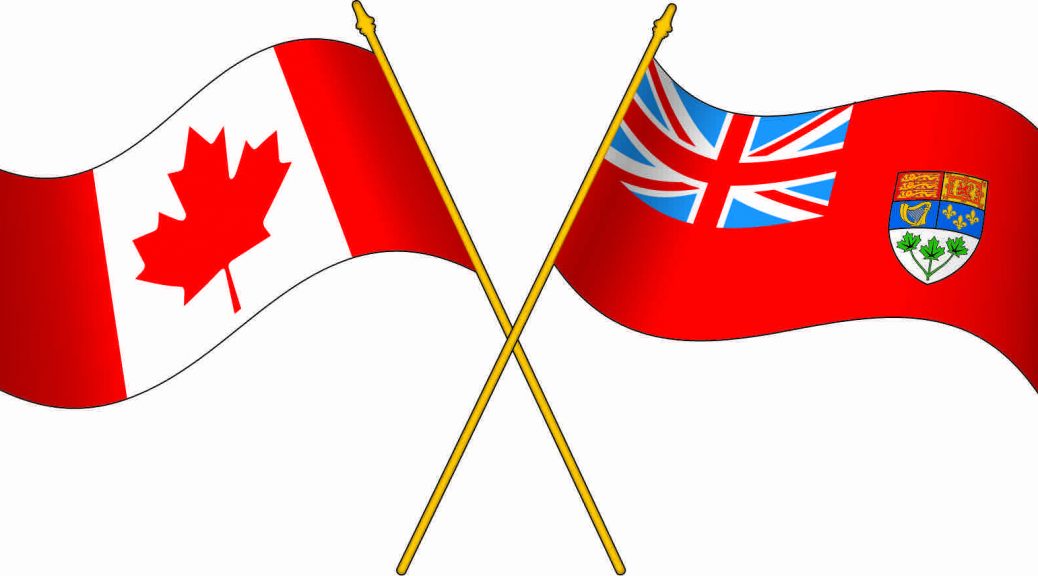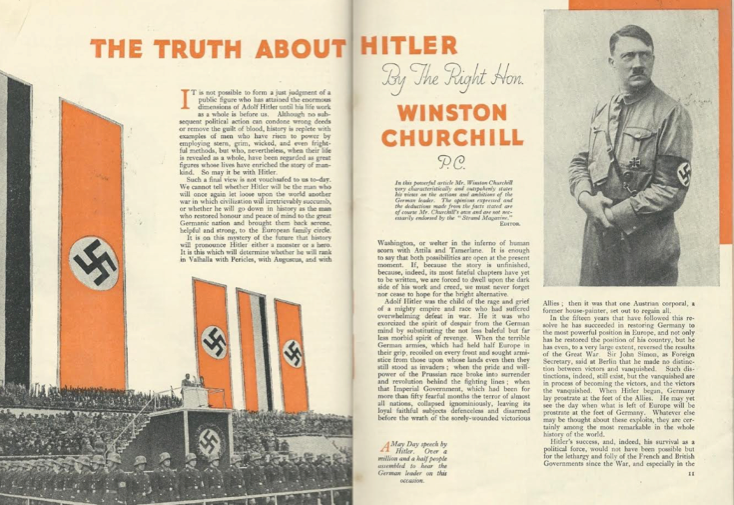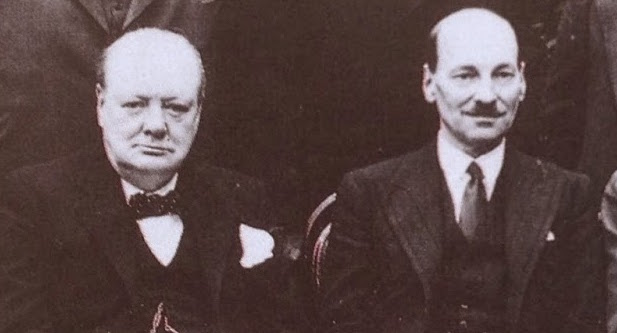
Clement Attlee’s Noble Tribute to Winston Churchill
My colleague Richard Cohen commends a eulogy to Churchill by the great Labour Party leader Clement Attlee. It occurred in the House of Lords on 25 January 1965, the day after Sir Winston died. It is notable for its fine words. Moreover, it shows how their relationship as colleagues eclipsed that of political opponents. At a time of greatly strained relations between the parties, on both sides of the pond, this is a thoughtful reminder that things could be different.
Attlee was the first prime minister of a socialist government with an outright majority (1945-51).…
